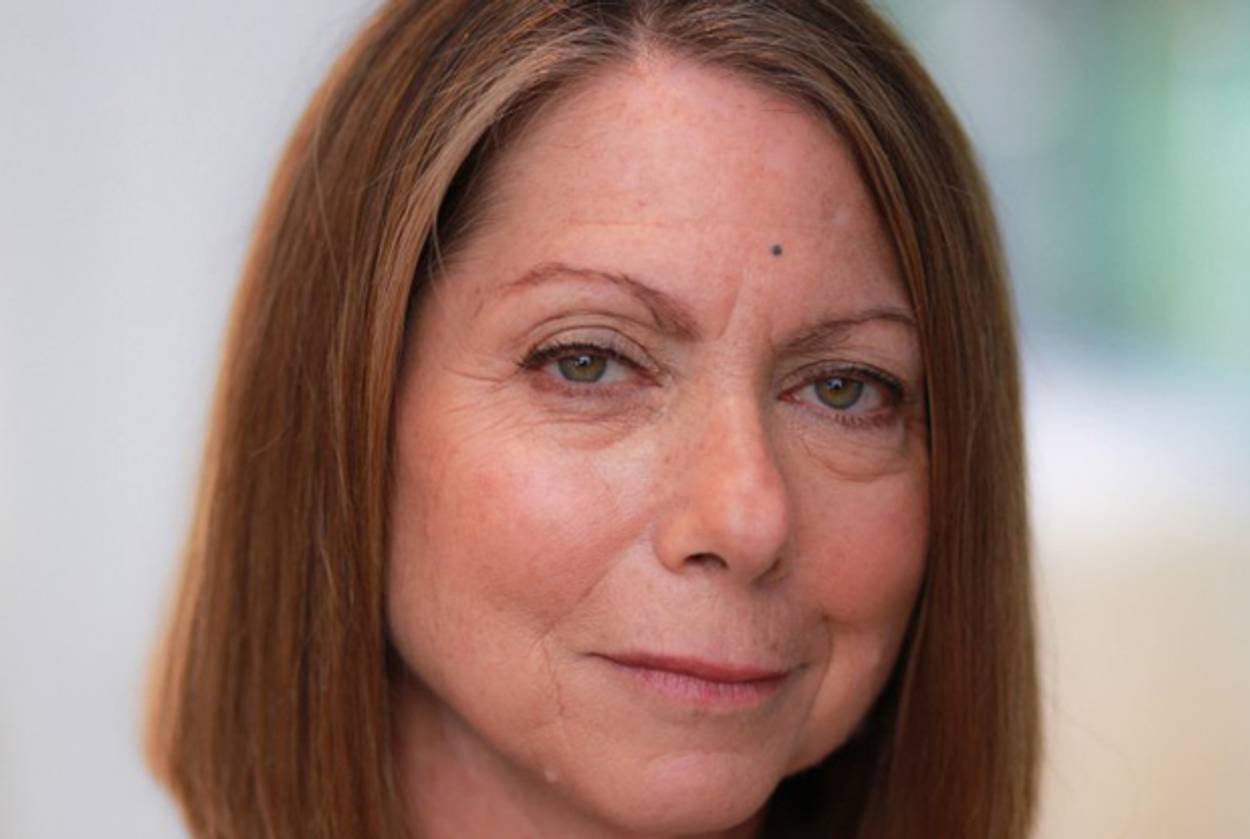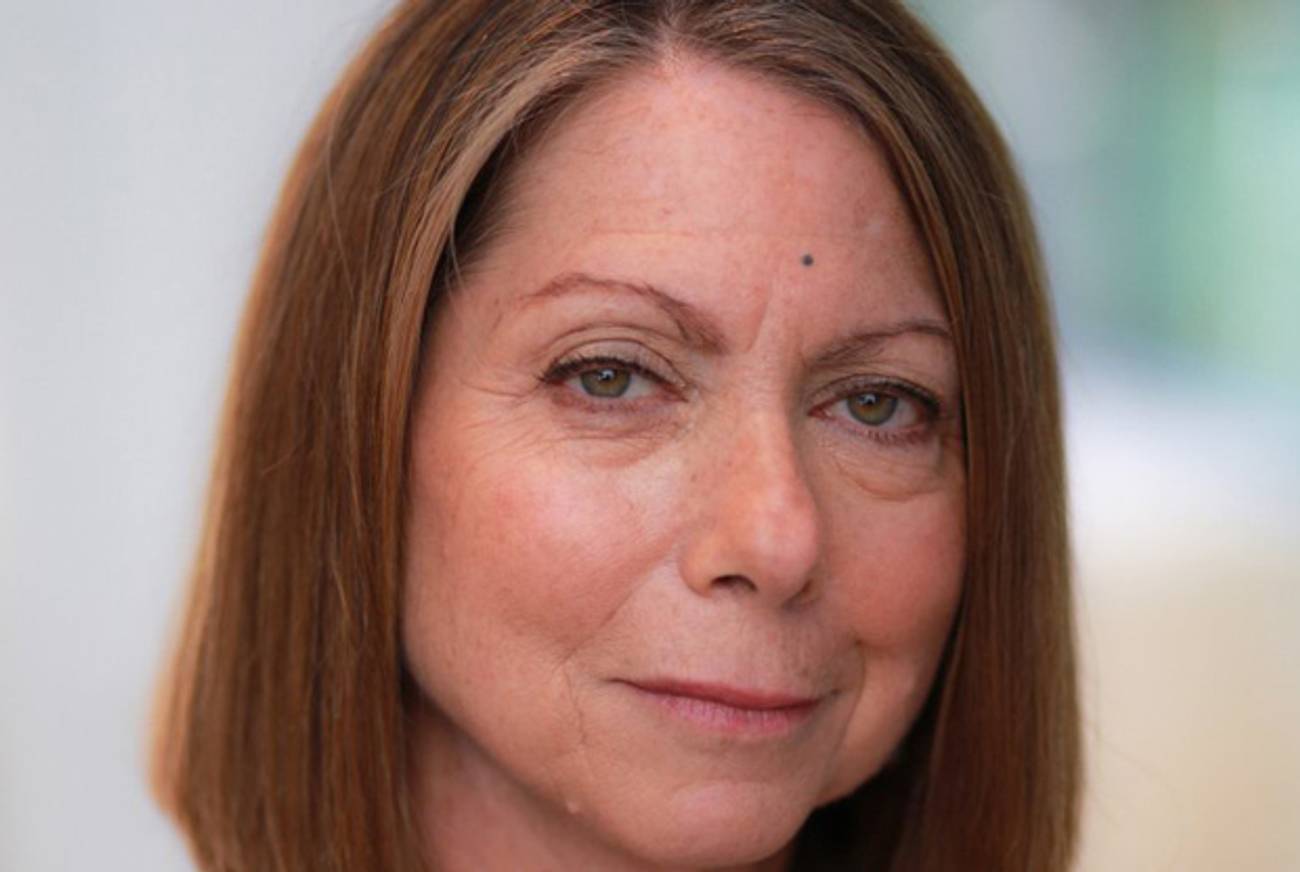About Those Criticisms Leveled at Jill Abramson
Ousted Times executive editor was too ‘pushy’ and talked about money. Oy.




Media types and those who are interested in them know there’s only been one (non-elevator-related) story of import this week, and that is the unceremonious firing of Jill Abramson from the executive editorship of the New York Times, the first female in the paper’s storied history ever to occupy that estimable post.
The relationship between Abramson and Arthur O. Sulzberger Jr, the publisher of the Times, has long been known to be contentious, with clashes over her often brusque management style, but the first leaks (chronicled first and most thoroughly by Ken Auletta at The New Yorker) suggested that the straw that broke the camel’s back was Abramson’s discovery of, and subsequent attempt to correct, what appeared to be a significant disparity in pay between herself and her male predecessors (i.e., they were making more, if that isn’t immediately obvious). Whether this was really true is up for debate—the Times has since released a flurry of figures supporting their argument that Abramson acted in error—but Abramson found it convincing enough to hire a lawyer.
This, it seemed, was the unpardonable sin in the genteel universe of the Grey Lady, where everything is always supposed to be done with the greatest discretion and deliberation: She talked about money. Along with being “pushy” and “self-promoting” (in addition to a lengthy, if not always flattering, profile about Abramson published in The New Yorker, she also has a weakness for celebrity interviews and wrote a best-selling book about her dog), both anathema to what the Daily Beast calls the “WASPy corporate culture in which talk of filthy lucre was considered indecorous” fostered by Sulzberger’s “aristocratic family forebears.”
I don’t pretend to know what’s inside the hearts and minds of the Sulzbergers. But the whole fiasco got me thinking about how typically sexist adjectives like “pushy” (“bold,” naturally, in a man) is often equally applied to Jews of both sexes. The criticisms leveled at women, are, for better or for worse, also the ones often traditionally leveled at Jews. And a Jewish woman? Forget about it. Whether there’s a sweeping anthropological statement to be made about the pervasive “feminizing” of the Jew in Western culture, I don’t know. Probably. In any case, I’m reminded of the words of the great anthropologist Bette Midler, who once talked about the worst word her haters fling at her: “You know the one, ladies. It starts with a C and ends with a T and it’s cunt.” Well, it also can start with a J and end with an H.
Rachel Shukert is the author of the memoirs Have You No Shame? and Everything Is Going To Be Great,and the novel Starstruck. She is the creator of the Netflix show The Baby-Sitters Club, and a writer on such series as GLOW and Supergirl. Her Twitter feed is @rachelshukert.